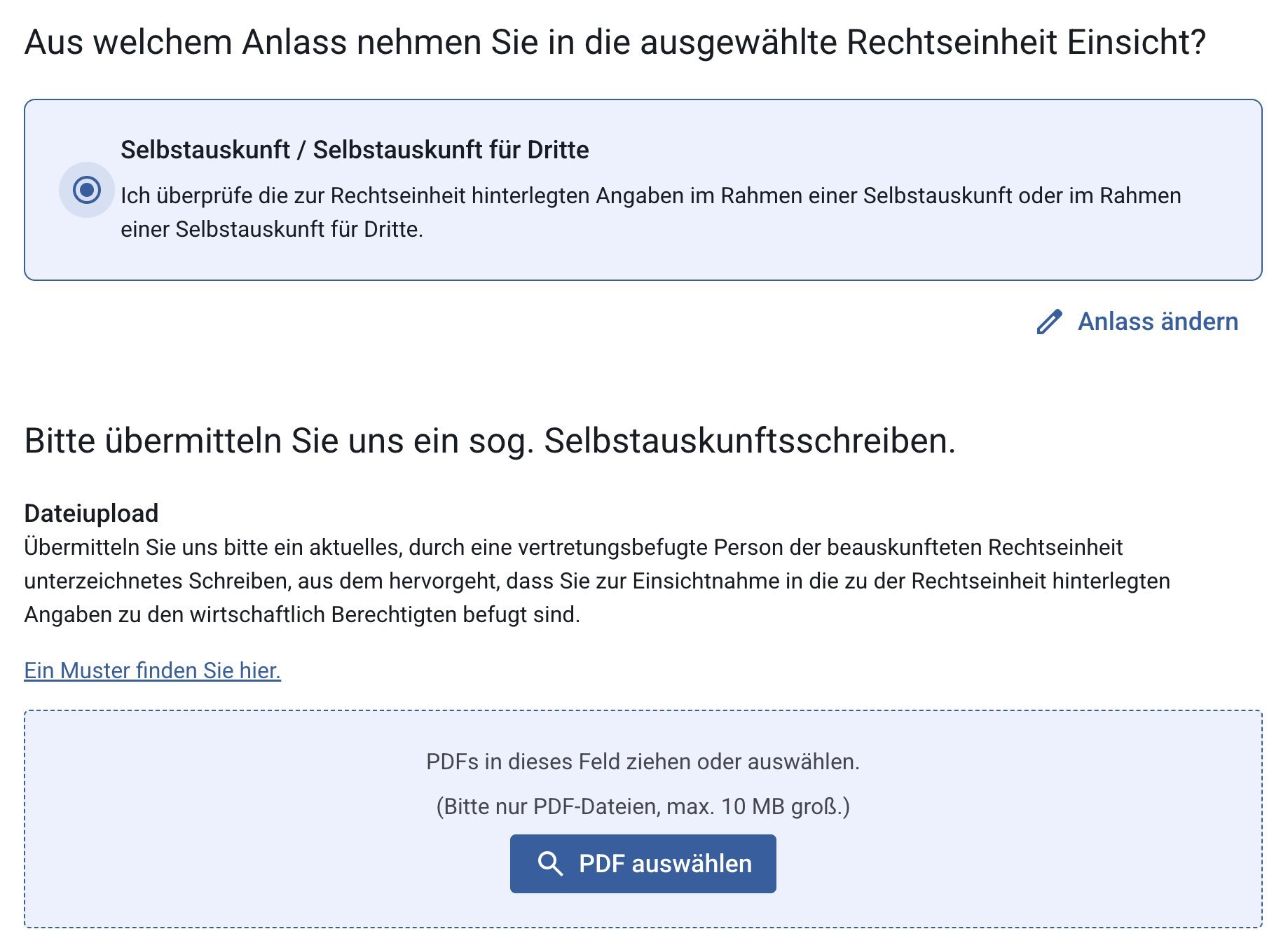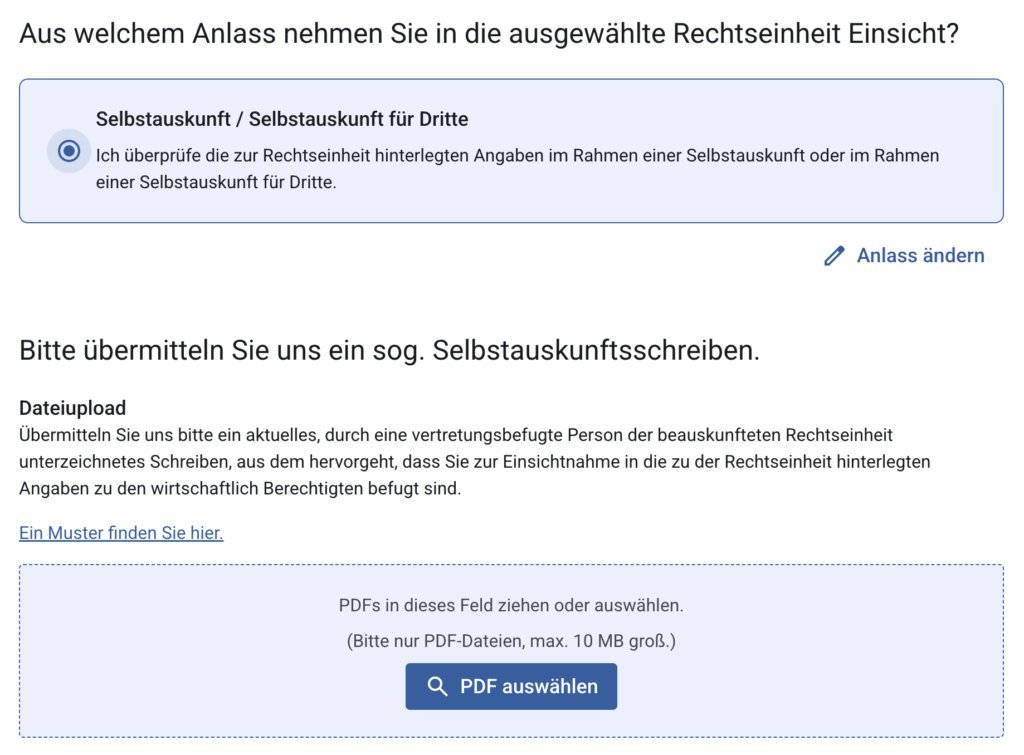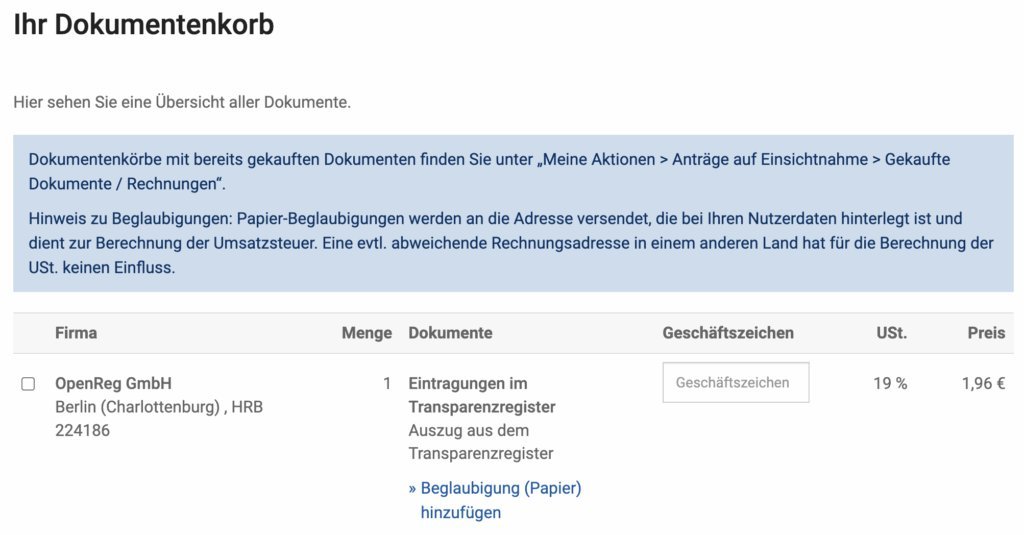The German Transparency Register, designed to expose the human behind corporate shells, has turned into a bureaucratic nightmare where even retrieving your own data requires a multi‑step, paid process. This article dissects the absurdities, the compliance overhead, and the implications for tech founders operating in Germany.
The German Transparency Register: A Bureaucratic Odyssey\n\nWhen you think of transparency, you expect openness, not a labyrinth of forms and a paywall. The German Transparency Register (Transparenzregister) was born to expose the human behind every corporate shell, but its implementation turns the process of simply retrieving your own data into a multi‑step, paid ordeal.\n\n### The Original Idea\n\nThe premise was simple: a public registry that lists the natural‑person beneficiaries of companies, preventing shell structures from hiding illicit activity. In theory, the registry could have been an extension of the existing Handelsregister, adding a Transparency tab.\n\nInstead, the German authorities launched a separate database, duplicating all commercial data and forcing companies to re‑enter information manually.  \n\n### Duplication and Manual Re‑entry\n\n> "We now almost have a 1:1 ratio of duplicate content." – Anonymous startup founder\n\nEvery company name, address, VAT ID, and board composition must be copied into the new registry. The result is a 1:1 data mirror that is not synchronized with the Handelsregister. Developers and compliance teams spend hours filling out identical fields, creating a single point of failure.\n\n### The Paywall for Your Own Data\n\nThe registry’s privacy rules require a Selbstauskunft (self‑disclosure) request to view any data, even if you are the data subject. The process looks like this:\n\n1. Log in and create your company entry.\n2. When a notary asks for an official statement, you must submit a Selbstauskunft application.\n3. Attach a PDF cover letter explaining why you need the data.\n4. Wait for a human reviewer to approve.\n5. Pay the fee via a virtual shopping cart.\n\n
\n\n### Duplication and Manual Re‑entry\n\n> "We now almost have a 1:1 ratio of duplicate content." – Anonymous startup founder\n\nEvery company name, address, VAT ID, and board composition must be copied into the new registry. The result is a 1:1 data mirror that is not synchronized with the Handelsregister. Developers and compliance teams spend hours filling out identical fields, creating a single point of failure.\n\n### The Paywall for Your Own Data\n\nThe registry’s privacy rules require a Selbstauskunft (self‑disclosure) request to view any data, even if you are the data subject. The process looks like this:\n\n1. Log in and create your company entry.\n2. When a notary asks for an official statement, you must submit a Selbstauskunft application.\n3. Attach a PDF cover letter explaining why you need the data.\n4. Wait for a human reviewer to approve.\n5. Pay the fee via a virtual shopping cart.\n\n \n\n> "The usefulness of this can best be described as ‘it’s mostly a job creation scheme’." – Anonymous\n\nAfter approval, the PDF is released, but only after a payment of roughly €30 per year. The fee is non‑optional; the registry is a legal requirement, not a voluntary transparency tool.\n\n### Why This Matters for Tech Founders\n\n* Compliance overhead – Every startup must allocate engineering time to data entry and legal review.\n* Cost – €30 per year may seem trivial, but for a micro‑startup operating on a tight runway, every euro counts.\n* Data integrity – Manual duplication invites human error; a single typo can cascade into regulatory fines.\n\nFor developers building international SaaS platforms, the registry forces a design decision: either build a custom integration that mirrors Handelsregister data into Transparenzregister, or accept the manual burden.\n\n### A Call for Reform\n\nThe German Transparency Register exemplifies how well‑intentioned regulations can become counterproductive when implementation is misaligned with user experience. A unified, API‑driven registry that pulls directly from Handelsregister would eliminate duplication, reduce costs, and streamline compliance.\n\n> Source: https://eidel.io/transparency-with-a-paywall-the-german-transparency-register/\n\nBy exposing the absurdity of the current system, the article urges founders to weigh the cost of operating in Germany against the benefits of its market.\n\n
\n\n> "The usefulness of this can best be described as ‘it’s mostly a job creation scheme’." – Anonymous\n\nAfter approval, the PDF is released, but only after a payment of roughly €30 per year. The fee is non‑optional; the registry is a legal requirement, not a voluntary transparency tool.\n\n### Why This Matters for Tech Founders\n\n* Compliance overhead – Every startup must allocate engineering time to data entry and legal review.\n* Cost – €30 per year may seem trivial, but for a micro‑startup operating on a tight runway, every euro counts.\n* Data integrity – Manual duplication invites human error; a single typo can cascade into regulatory fines.\n\nFor developers building international SaaS platforms, the registry forces a design decision: either build a custom integration that mirrors Handelsregister data into Transparenzregister, or accept the manual burden.\n\n### A Call for Reform\n\nThe German Transparency Register exemplifies how well‑intentioned regulations can become counterproductive when implementation is misaligned with user experience. A unified, API‑driven registry that pulls directly from Handelsregister would eliminate duplication, reduce costs, and streamline compliance.\n\n> Source: https://eidel.io/transparency-with-a-paywall-the-german-transparency-register/\n\nBy exposing the absurdity of the current system, the article urges founders to weigh the cost of operating in Germany against the benefits of its market.\n\n

 \n\n### Duplication and Manual Re‑entry\n\n> "We now almost have a 1:1 ratio of duplicate content." – Anonymous startup founder\n\nEvery company name, address, VAT ID, and board composition must be copied into the new registry. The result is a 1:1 data mirror that is not synchronized with the Handelsregister. Developers and compliance teams spend hours filling out identical fields, creating a single point of failure.\n\n### The Paywall for Your Own Data\n\nThe registry’s privacy rules require a Selbstauskunft (self‑disclosure) request to view any data, even if you are the data subject. The process looks like this:\n\n1. Log in and create your company entry.\n2. When a notary asks for an official statement, you must submit a Selbstauskunft application.\n3. Attach a PDF cover letter explaining why you need the data.\n4. Wait for a human reviewer to approve.\n5. Pay the fee via a virtual shopping cart.\n\n
\n\n### Duplication and Manual Re‑entry\n\n> "We now almost have a 1:1 ratio of duplicate content." – Anonymous startup founder\n\nEvery company name, address, VAT ID, and board composition must be copied into the new registry. The result is a 1:1 data mirror that is not synchronized with the Handelsregister. Developers and compliance teams spend hours filling out identical fields, creating a single point of failure.\n\n### The Paywall for Your Own Data\n\nThe registry’s privacy rules require a Selbstauskunft (self‑disclosure) request to view any data, even if you are the data subject. The process looks like this:\n\n1. Log in and create your company entry.\n2. When a notary asks for an official statement, you must submit a Selbstauskunft application.\n3. Attach a PDF cover letter explaining why you need the data.\n4. Wait for a human reviewer to approve.\n5. Pay the fee via a virtual shopping cart.\n\n \n\n> "The usefulness of this can best be described as ‘it’s mostly a job creation scheme’." – Anonymous\n\nAfter approval, the PDF is released, but only after a payment of roughly €30 per year. The fee is non‑optional; the registry is a legal requirement, not a voluntary transparency tool.\n\n### Why This Matters for Tech Founders\n\n* Compliance overhead – Every startup must allocate engineering time to data entry and legal review.\n* Cost – €30 per year may seem trivial, but for a micro‑startup operating on a tight runway, every euro counts.\n* Data integrity – Manual duplication invites human error; a single typo can cascade into regulatory fines.\n\nFor developers building international SaaS platforms, the registry forces a design decision: either build a custom integration that mirrors Handelsregister data into Transparenzregister, or accept the manual burden.\n\n### A Call for Reform\n\nThe German Transparency Register exemplifies how well‑intentioned regulations can become counterproductive when implementation is misaligned with user experience. A unified, API‑driven registry that pulls directly from Handelsregister would eliminate duplication, reduce costs, and streamline compliance.\n\n> Source:
\n\n> "The usefulness of this can best be described as ‘it’s mostly a job creation scheme’." – Anonymous\n\nAfter approval, the PDF is released, but only after a payment of roughly €30 per year. The fee is non‑optional; the registry is a legal requirement, not a voluntary transparency tool.\n\n### Why This Matters for Tech Founders\n\n* Compliance overhead – Every startup must allocate engineering time to data entry and legal review.\n* Cost – €30 per year may seem trivial, but for a micro‑startup operating on a tight runway, every euro counts.\n* Data integrity – Manual duplication invites human error; a single typo can cascade into regulatory fines.\n\nFor developers building international SaaS platforms, the registry forces a design decision: either build a custom integration that mirrors Handelsregister data into Transparenzregister, or accept the manual burden.\n\n### A Call for Reform\n\nThe German Transparency Register exemplifies how well‑intentioned regulations can become counterproductive when implementation is misaligned with user experience. A unified, API‑driven registry that pulls directly from Handelsregister would eliminate duplication, reduce costs, and streamline compliance.\n\n> Source: 
Comments
Please log in or register to join the discussion